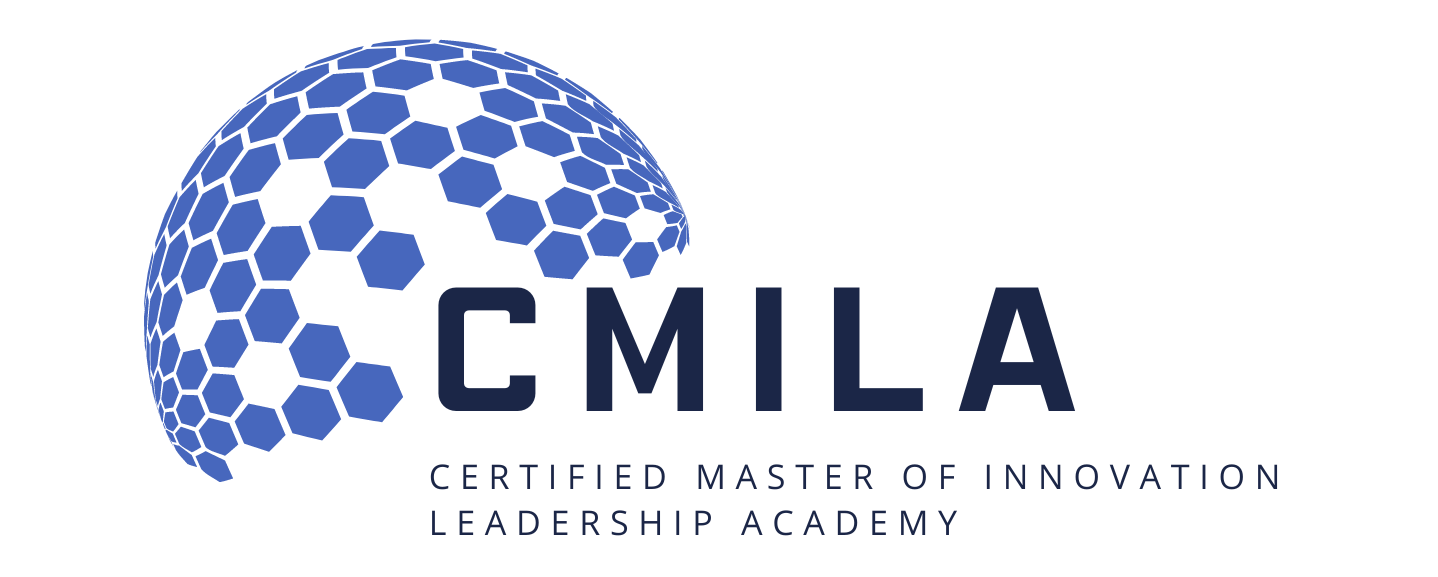Certified Technology Forecasting Analyst (CTFA)
The Certified Technology Forecasting Analyst (CTFA) Certification Course by Tonex is designed to equip professionals with advanced skills in technology forecasting. This comprehensive program covers the principles, methodologies, and tools essential for accurate technology predictions. Participants will gain a deep understanding of emerging technologies, enabling them to make informed decisions and stay ahead in a rapidly evolving technological landscape.
Learning Objectives:
- Master the fundamentals of technology forecasting.
- Develop expertise in analyzing technological trends and disruptions.
- Acquire advanced skills in utilizing forecasting tools and methodologies.
- Understand the impact of emerging technologies on industries and markets.
- Learn to create effective technology forecasts for strategic decision-making.
- Gain hands-on experience in applying forecasting techniques to real-world scenarios.
Audience: This course is suitable for technology professionals, strategists, analysts, and decision-makers seeking to enhance their proficiency in technology forecasting. It is also beneficial for business leaders and entrepreneurs aiming to stay competitive by making well-informed decisions based on future technological trends.
Course Outline:
Module 1: Introduction to Technology Forecasting
- Overview of Technology Forecasting Principles
- Importance in Strategic Decision-Making
- Applications Across Various Industries
- Historical Context of Technology Forecasting
- Role in Innovation Management
- Ethical Considerations in Technology Forecasting
Module 2: Technological Trends and Disruptions
- Analysis of Current Technological Trends
- Identification of Emerging Technologies
- Understanding Disruptive Technologies
- Impact of Technological Disruptions on Markets
- Case Studies on Successful Technological Transitions
- Future Landscape: Anticipating Disruptive Innovations
Module 3: Forecasting Tools and Methodologies
- Overview of Forecasting Models
- Time Series Analysis Techniques
- Scenario Planning Methods
- Delphi Method in Technology Forecasting
- Analytical Hierarchy Process (AHP)
- Integration of Machine Learning in Forecasting
Module 4: Impact Assessment of Emerging Technologies
- Evaluating Potential Market Impact
- Industry-Specific Implications of Technologies
- Social and Economic Consequences
- Risk Assessment in Technology Implementation
- Opportunities Arising from Emerging Technologies
- Governmental and Regulatory Impact on Implementation
Module 5: Creating Effective Technology Forecasts
- Formulating Accurate and Actionable Forecasts
- Utilizing Data Analytics in Forecast Creation
- Developing Predictive Modeling Skills
- Incorporating Stakeholder Input in Forecasting
- Communicating Forecasts Effectively
- Continuous Improvement in Forecasting Accuracy
Module 6: Real-world Application of Forecasting Techniques
- Practical Scenarios for Forecast Application
- Simulations of Technology Adoption and Adaptation
- Feedback Mechanisms for Improving Forecasting Skills
- Addressing Challenges in Forecast Implementation
- Aligning Forecasts with Organizational Strategies
- Case Studies of Successful Technology Forecasting Implementation
Overview of the Certification Process:
- Familiarize yourself with the prerequisites, if any, for taking the exam.
- Review the certification roadmap to understand the different levels of certification offered (e.g., Foundation, Advanced, Expert) and the requirements for each level.
- Identify the benefits of obtaining the certification for your career and professional development.
Details of the Exam:
Format: Multiple-choice, scenario-based, practical exercises
Content Areas: Review the exam blueprint or syllabus to identify the specific topics and knowledge areas covered in the exam. This will help you focus your study efforts on the most relevant content.
Passing Score: Understand the minimum passing score required to achieve certification and aim to exceed this threshold during your preparation.
Study Resources: Identify recommended study resources, such as certification manual, study guides and practice exams, to help you prepare effectively for the exam.
Exam Sample Questions:
- Practice with sample questions to familiarize yourself with the exam format and assess your readiness.
- Analyze each question carefully, paying attention to key details and any clues provided in the question stem or answer choices.
- Practice time management by setting aside dedicated study sessions to complete sample questions within the allotted time frame.
- Review your answers and explanations for correct and incorrect responses to identify areas for improvement and further study.
